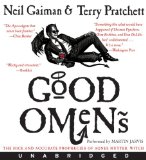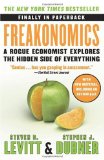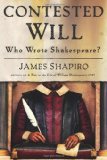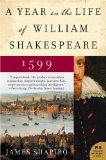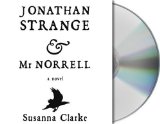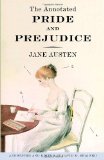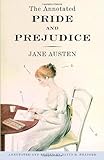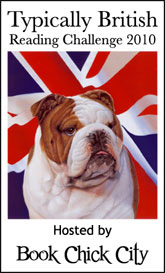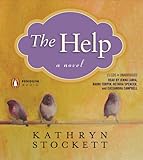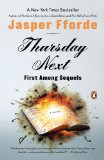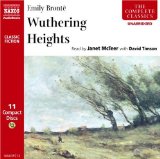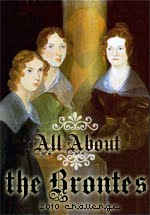 Neil Gaiman & Terry Pratchett’s Good Omens examines the apocalypse with a sense of humor. I have not previously read any Terry Pratchett, but Neil Gaiman’s books, especially The Graveyard Book, have been favorites. So… exactly what would happen if the Antichrist wasn’t terribly invested in making Armageddon happen?
Neil Gaiman & Terry Pratchett’s Good Omens examines the apocalypse with a sense of humor. I have not previously read any Terry Pratchett, but Neil Gaiman’s books, especially The Graveyard Book, have been favorites. So… exactly what would happen if the Antichrist wasn’t terribly invested in making Armageddon happen?
The novel begins with an introduction of Crawly (later Crowley), a demon, and Aziraphale, an angel—unlikely friends present at the fall of man (Crowley was the serpent) who remain on earth until the fulfillment of God’s ineffable plan. The thing is, they like it a little too much and make an unlikely team as they try to prevent the apocalypse. Meanwhile, Adam Young grows up in the small English town of Tadfield, the leader of a small gang of children, not knowing his destiny is to bring about the end of times. His neighbor, Anathema Device, is the descendant of Agnes Nutter, a witch whose prophecies are so accurate they’re very nearly useless, moves to Tadfield to be in place as Armageddon unfolds. The Four Horsemen of the Apocalypse—Death, War, Famine, and Pollution (Pestilence retired, muttering something about penicillin)—descend on Tadfield.
I found the book entertaining, and Martin Jarvis is a good narrator. The book seemed to go fast. It was funny—some moments of genuine laugh-out-loud humor. I particularly liked the characterization of Death as being technologically illiterate. The characters are likable, especially Crowley and Aziraphale. In the end, however, the book felt more like a snack than a meal—light fun, but ultimately not terribly memorable.
Rating:





This book brings me one book closer to meeting the “Bob’s Your Uncle” level (six books) for the Typically British Reading Challenge.
